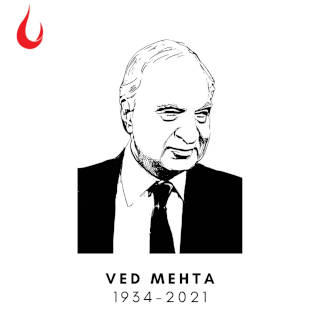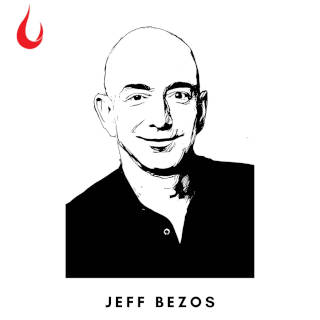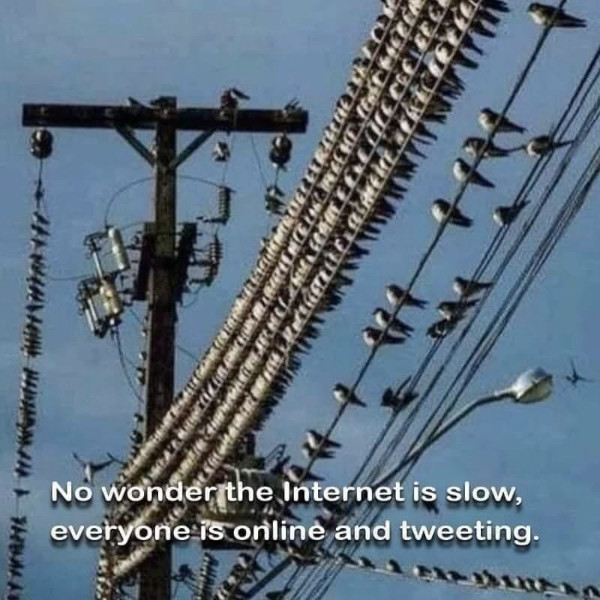[Image by xresch from Pixabay]
Good morning,
How do Big Technology companies wield power? In very insidious ways, explains Seth Stephens-Davidowitz in Everybody Lies. This, because the entire world is a potential lab for engineers at these places. To place that in perspective, Stephens-Davidowitz begins by explaining the Nobel Laureate Esther Duflo’s work to improve education in rural India “where more than half of middle school students cannot read a simple sentence” because one hypothesis had it that teachers did not show up consistently.
So she designed an experiment with her colleagues and “randomly divided schools into two groups. Teachers in one group were paid an additional Rs 50 for each day they showed up to work” while others had no incentive to turn up. Teachers who were incentivised turned up to work and their students improved dramatically.
Engineers at entities such as Google were among those watching this experiment with much interest and figured they could conduct such experiments at zero cost. This, because Stephens-Davidowitz explains, in experiments of the kind Duflo mounted “schools had to be contacted, funding had to be arranged, some teachers had to be paid, and all students had to be tested. Offline experiments can cost thousands or hundreds of thousands of dollars and take months or years to conduct.
“In the digital world, randomized experiments can be cheap and fast. You don’t need to recruit and pay participants. Instead, you can write a line of code to randomly assign them to a group… you can measure mouse movements and clicks. You don’t need to hand-code and analyze the responses. You can build a program to automatically do that for you. You don’t have to contact anybody. You don’t even have to tell users they are part of an experiment.
“This is the fourth power of Big Data: it makes randomized experiments, which can find truly causal effects, much, much easier to conduct—anytime, more or less anywhere, as long as you’re online. In the era of Big Data all the world’s a lab….
“If Google wants to know how to get more people to click on ads on their sites, they may try two shades of blue in ads—one shade for Group A, another for Group B. Google can then compare click rates… Facebook now runs a thousand A/B tests per day, which means that a small number of engineers at Facebook start more randomized, controlled experiments in a given day than the entire pharmaceutical industry starts in a year.” Amazing, isn’t it?
Have a nice day.
In this issue,
- Ved Mehta, 1934-2021: The art of seeing
- The importance of doing nothing
- Revealed! What’s choking the internet
Ved Mehta, 1934-2021: The art of seeing
Ved Mehta, best known for his 12-volume autobiography and several books on India, died last Saturday at his home in New York. He was 86.

William Shawn: “He writes about serious matters without solemnity, about scholarly matters without pedantry, about abstruse matters without obscurity.”
An illness had rendered him blind since he was three, and yet, his books were so rich with visual details. Consider this description of his great contemporary RK Narayan: “Within a few minutes, Narayan was at my apartment, on East Fighty-eighth Street. A neither too stout nor too lean figure, he strolled in rather boyishly. One shoulder appeared to be lower than the other, and his lilting walk recalled the end of the Bharat Natyam, an Indian classical dance in which the performer finishes by returning to the place where he took his first step, his shoulders gracefully preceding his legs in a swaying motion. Narayan dropped into my best armchair, and, with a smile revealing a great many polished teeth, said, ‘I feel at home. Um! Do you?’. I had to laugh.”
Mehta wanted to live his life as if he was sighted (“He intensely disliked people who tried to help him,” Dom Moraes, who was a contemporary at Oxford, wrote about him in his memoir). He wanted to be known as a writer, not a blind writer. “There was no trick to the keen visuality of his writing, Mr. Mehta said, beyond minute reporting, plumbing the inner depths of memory and the adroit use of the four senses at his disposal. His hearing was so acute, for instance, that he was said to be able to tell the make of a car by the song of its motor,” The New York Times reported.
But even Mehta couldn’t have done well without the support system that the Western educational system, and later The New Yorker, gave him. But it was far from perfect. In 2009, he wrote about his fight with the New York Public Library and The Metropolitan Opera. “As of this writing, my struggles with the Public Library and the Met have had not an iota of success, but I know, as surely as I now recognize the voice of our black president on the radio, that change can come when one least expects it, that it might even be inevitable, like day following night.”
There are two big lessons from Mehta’s fascinating life.
- The triumph of human will. His success as a writer and the range of his books show what’s possible for a human being to achieve, no matter what one’s physical limitations are.
- The responsibility of our society towards people with any kind of disability. The world can get only richer when the responsibility is fulfilled.
Dig deeper
- Ved Mehta, 1934-2021
- Ved Mehta, Celebrated Writer for The New Yorker, Dies at 86
- Wrestling with Two Behemoths
The importance of doing nothing
In his column in Inc. Jason Atens argues why you should set aside time to do nothing, citing an interesting passage from Jeff Bezos’s recent collection of essays, Invent & Wander.

“My puttering time is very important to me.”
In the book, Bezos says, “I like to putter in the morning. I get up early. I go to bed early. I like to read the newspaper. I like to have coffee. I like to have breakfast with my kids before they go to school. So my puttering time is very important to me. That's why I set my first meeting for ten o'clock.”
Atens gives three reasons how it can help us
- By intentionally maintaining time to do nothing, and by not scheduling meetings before 10 am, Bezos is able to create space for things that are just as important, like having breakfast with his kids.
- Making unstructured time a priority also gives your body and your mind downtime to think or process all of the things that otherwise demand your attention.
- Having time to think, even if it's just while you take a walk in the morning, can help.
Dig deeper
What’s choking the internet

(Via WhatsApp)
Tell us what you think and find noteworthy. Head over to our our Slack channel.
And if you missed previous editions of this newsletter, they’re all archived here.
Bookmark Founding Fuel’s special section on Thriving in Volatile Times. All our stories on how individuals and businesses are responding to the pandemic until now are posted there.
Warm regards,
Team Founding Fuel
(Note: Founding Fuel may earn commissions for purchases made through the Amazon affiliate links in this article.)


